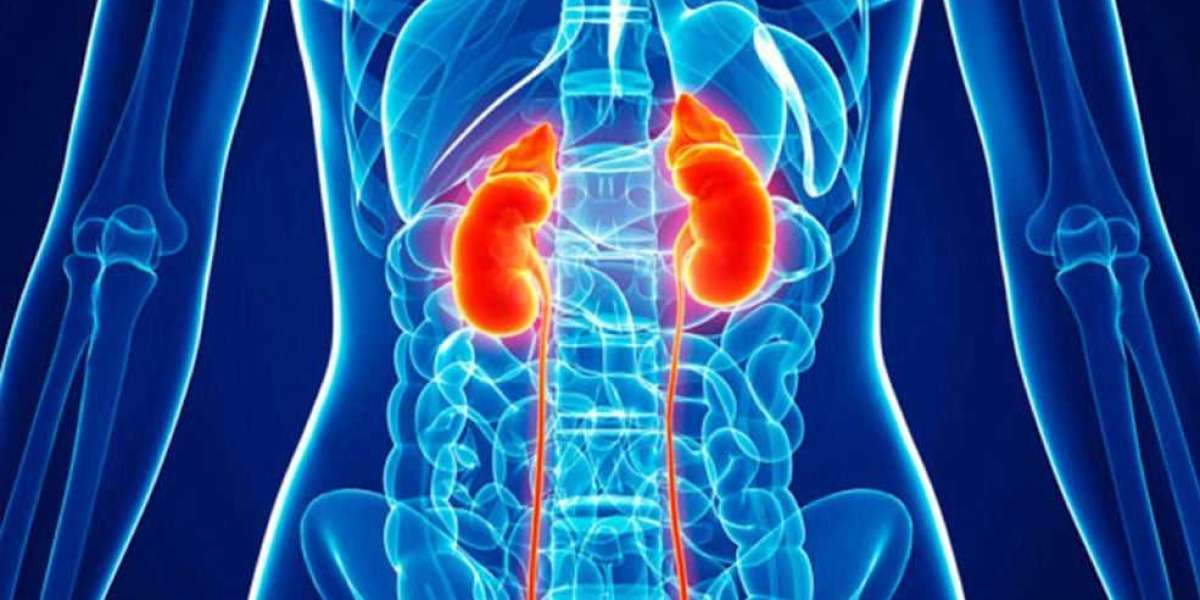Acute Kidney Injury (AKI), formerly known as acute renal failure, is a severe medical condition characterized by the abrupt loss of kidney function. It is a critical concern in the healthcare industry, often affecting hospitalized patients, especially those in intensive care units. The Acute Kidney Injury Treatment Market has been growing steadily in recent years, driven by increased awareness, technological advancements, and a rising incidence of AKI cases. This article explores the current landscape of the AKI treatment market, highlighting key trends, challenges, and opportunities.
The Growing Burden of AKI
The incidence of AKI has been on the rise globally. Factors contributing to this increase include a growing aging population, higher prevalence of chronic diseases such as diabetes and hypertension, and greater exposure to nephrotoxic substances. AKI not only affects patient outcomes but also poses a significant economic burden on healthcare systems. This has spurred interest in developing effective treatments for AKI.
Market Trends and Developments
The Acute Kidney Injury Treatment Market has witnessed significant advancements and trends in recent years:
Biomarker Research: The development of biomarkers for early AKI detection is a promising trend. These biomarkers can help identify AKI at its earliest stages, enabling timely intervention.
Technological Innovations: Advancements in renal replacement therapy equipment and techniques have improved the efficiency and safety of treatments.
Telemedicine: The integration of telemedicine into AKI management allows for remote monitoring of patients, facilitating quicker response times and reducing the need for hospital stays.
Precision Medicine: Tailoring AKI treatments to individual patient profiles is gaining traction. Personalized medicine approaches may improve treatment outcomes.
Challenges in the AKI Treatment Market
While there are exciting developments in the AKI treatment market, several challenges persist:
Late Diagnosis: AKI is often diagnosed late, leading to delayed treatment. Early detection remains a key challenge.
High Treatment Costs: Renal replacement therapy can be expensive, placing a financial burden on healthcare systems and patients.
Limited Therapeutic Options: There is a need for more targeted and effective pharmaceutical treatments for AKI.
Prevention Emphasis: Greater emphasis on preventive measures, such as reducing nephrotoxic exposure and managing chronic conditions, is necessary to reduce AKI incidence.
Opportunities for Growth
Despite the challenges, the AKI treatment market presents several growth opportunities:
Research and Development: Investment in research and development to discover innovative therapies and biomarkers for early AKI detection.
Telemedicine Expansion: Expanding telemedicine capabilities for AKI management, especially in remote and underserved areas.
Global Awareness: Increasing awareness about AKI, its risk factors, and preventive measures can lead to early diagnosis and better outcomes.
Collaboration: Collaborative efforts between healthcare providers, pharmaceutical companies, and researchers can drive progress in AKI treatment.
The Acute Kidney Injury Treatment Market is evolving, driven by the rising prevalence of AKI and the need for more effective treatments. Advances in technology, biomarker research, and personalized medicine are shaping the future of AKI management. While challenges persist, ongoing research and collaborations offer hope for improved outcomes and reduced burden on patients and healthcare systems. Investing in AKI treatment research and raising awareness about prevention and early detection are crucial steps in addressing this pressing healthcare issue.
More Report:







